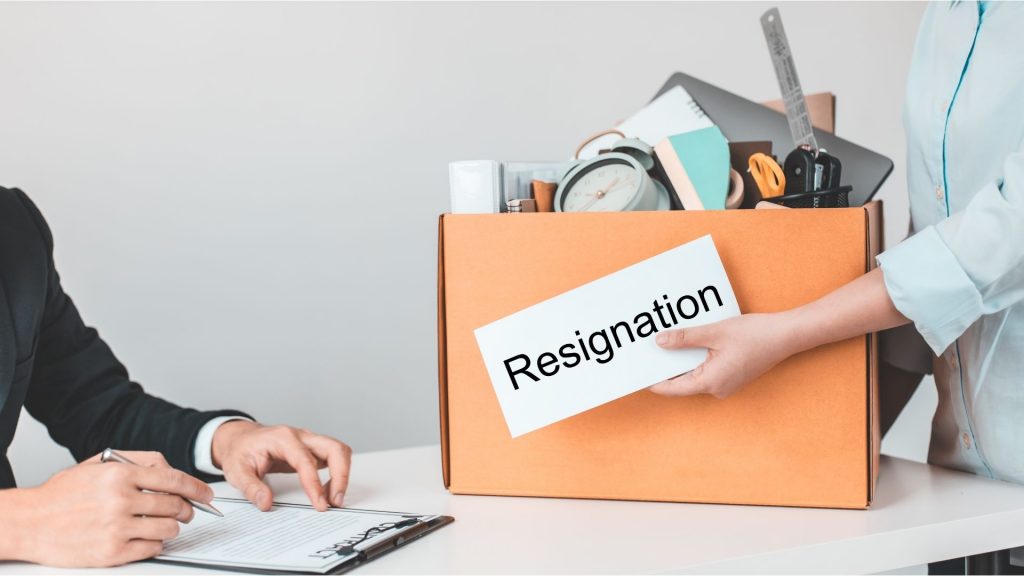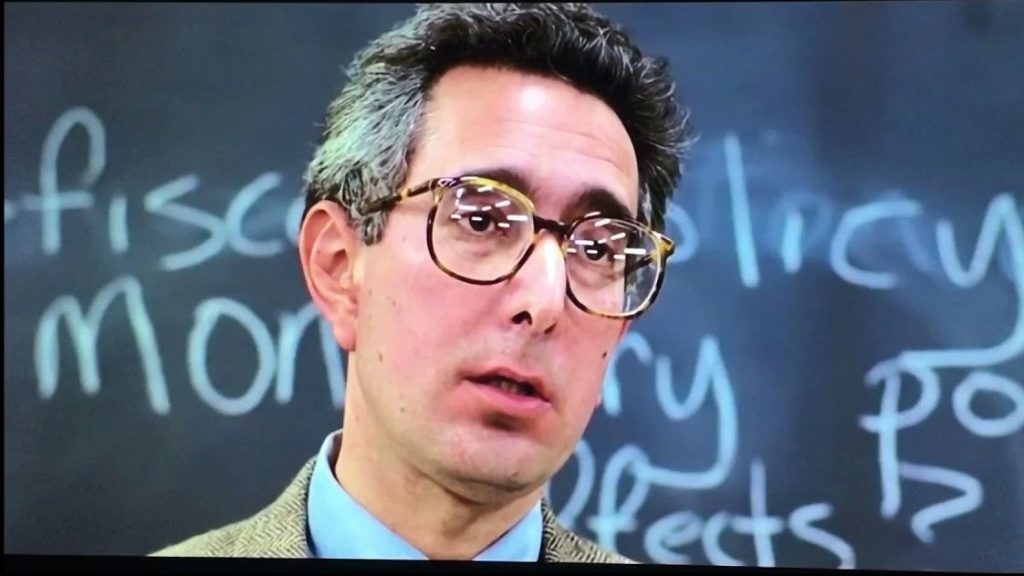1 In 4 Superintendents Likely To Leave The Profession Behind
An alarming number of superintendents report they are ready to quit, hinting at further issues in public education.

It appears that it isn’t only parents, students, and teachers who have come to their wit’s end with the nation’s public education systems. You can now add superintendents to the list. The reasons are multi-layered, but the numbers fall right in line with ones seen by educators and other school staff who say they are also ready for a change.
During the 2020-21 and 2021-22 school years, 13% of school superintendents left their high-ranking positions. According to reports, that is the normal rate of turnover. Now, another 25% of superintendents say they are ready to leave their profession for another position. This 25% is on top of the normal 13%.
The main reason, according to a RAND survey, is the stress of having to deal with the ongoing and heavily destructive COVID pandemic. The national education and policy firm, ILO Group, reported that since the pandemic began in March 2020, a robust 37% of the country’s 500 largest school districts have already seen or are now going through some type of leadership change. That is a big turnover for superintendents.

What isn’t clear, though, is if the superintendents will actually go through with their plan to leave as seen in the RAND survey. “I was not surprised to see that a greater percentage of superintendents say they plan to leave,” said Heather Schwartz via K-12 Dive. “The question for me is, will they leave?” Schwartz is a senior policy researcher at RAND as well as the director of the pre-K-12 educational systems program.
Will they leave or won’t they? That is the big question. Schwartz expects to see more superintendent departures before the 2022-23 school year kicks off, though she isn’t sure if the numbers will be as bad as some are predicting. She believes that many superintendents will stick around until the worst of the COVD pandemic has eased. Another earlier RAND survey shows that 75% of the superintendents say that the political aspect surrounding COVID safety protocols, and the vaccine was a major factor in limiting their ability to teach children in the 2021-22 school year. According to Schwartz, this is another reason why school superintendents are looking to leave their jobs.
Another major concern is burnout. The latest RAND survey touched on that aspect of the job. According to the report, the average work week for a superintendent is 59 hours, which was before the pandemic. But once the pandemic took over every aspect of life, that number shot up to 67 hours per week. Long hours can burn out the toughest worker and it is certainly taking its toll on school superintendents.

Are there any concrete solutions to stop a large number of superintendents from moving on? According to Schwartz, the high turnover rate in many school districts can create a kind of “flavor of the day approach to education policy generally.” This, she says, is not good for anyone. What schools and school districts are looking for is more stability. “Stability is what’s such a key, sorely needed ingredient for schools,” Schwartz said.
Stability is good and necessary, but so is removing some of the political aspects that have found a home in many school districts across the nation. The responsibility school superintendents face on a daily basis is huge just in the simple aspect of keeping public schools functioning. Add in the pandemic and the politics involved there and it makes a superintendent’s job much more challenging. Schwartz believes superintendents need some “political cover”, so they aren’t “taking so much heat.” They are dealing with parents who have become more and more outspoken about their child’s education and their voices are only getting louder. It is making the decision-making by the superintendents much more difficult.
Are they or aren’t they? Will they or will they not? Many superintendents are on the clock right now and as the school year is quickly coming to a close, many decisions will have a large impact on how school districts move forward. Maybe, for the sake of the children and all school staff, we can take the politics out of the equation and let everybody get back to what they need to do – teach our children.







